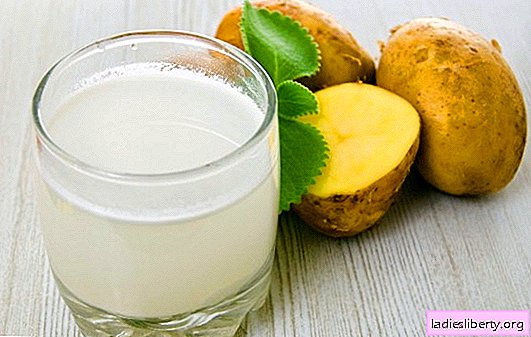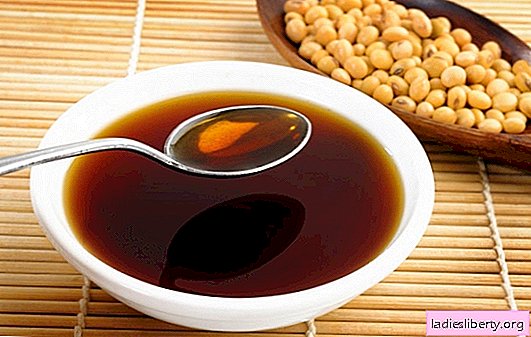
According to social surveys, approximately 78% of people store several fruits together in one bowl. However, some fruits accelerate the process of decay, and therefore must be stored separately. The main cause of decay is ethylene.
Avocados and bananas or kiwi - an incompatible combination
A diet that is rich in fruits and vegetables prevents cardiovascular and gastrointestinal diseases. Experts recommend consuming 5 to 10 servings of fruits and vegetables per day. To keep the fruits fresh, it is important to store them properly. Apples and avocados cannot be stored with bananas and kiwi.
Every Russian citizen consumes an average of 82 kilograms of food per year, of which 44% are fruits and vegetables.
Some fruit varieties accelerate the process of decay due to the gaseous hormone "ethylene".
A few years ago, many people used avocados only on holidays in distant lands. However, now such fruits are found in almost every Russian supermarket.
However, the popular "superfruit" is often too difficult to buy. Therefore, experts indicate how to accelerate the ripening of avocados: wrap it in paper with an apple, and then leave it at room temperature. But do not store avocados and apples with other fruits.
Store fruits and vegetables properly
Avocados, apples, pears, and apricots give off gaseous ethylene as they mature. Therefore, fruits in the environment ripen prematurely and, accordingly, rot faster.
Therefore, such fruits are not allowed to be stored with ripe bananas, kiwis and mangoes. For this reason, tomatoes should not be kept too close to avocados, apples, pears and vegetables.
The vegetable compartment of the refrigerator is a good place to store many types of fruits and vegetables. In addition to apples, you can also maintain the quality of berries, apricots, grapes and cherries for longer.
Why is ethylene needed?
Ethylene differs from other plant hormones in a gaseous form. Therefore, it is not only active inside a person, but can also affect various parts of a plant. Ethylene triggers a true chain reaction when it comes in contact with neighboring fruits.
The influence of ethylene on fruit maturity was already used by the ancient Egyptians and Chinese, of course, not knowing the exact processes. At the beginning of the 20th century, scientists discovered a chemical called “ethylene.”
Ripening caused by ethylene can be a problem when transporting fruit from the country of origin to consumer markets. Bananas are transported in unripe form and stored in a cool place while traveling. Low temperatures inhibit the synthesis of ethylene.
Even fumigation with carbon dioxide delays the formation of ethylene. Some fruit merchants store fruits under vacuum to remove freshly made ethylene. Once at the destination, the fruits are fumigated with ethylene to cause rapid, simultaneous ripening.
However, this treatment has a detrimental effect on taste because most flavorings disappear. Biotechnologists tried to solve this problem and in 1994 launched the first genetically modified tomato, released for consumption. Scientists "turned off" the gene necessary for the breakdown of "taste" substances.
Therefore, a tomato can ripen longer under the influence of sunlight, without becoming prematurely soft. Since the sale of genetically modified foods among the population has stopped, this tomato has never appeared on the shelves of food markets in Russia.
Ethylene causes cell death and wilting.
Ethylene not only accelerates the ripening of fruits, but also the formation of the flower itself. A high concentration of ethylene negatively affects both the taste and aroma of the fruit. The exceptions are pineapple and other citrus fruits, where ethylene even contributes to the formation of flowers.
The underground parts of plants are usually very breathable. When waterlogging of the soil is observed, oxygen deficiency is often observed in the root zone.
The plant reacts by forming cavities in the tissues that facilitate gas exchange. Certain root cells are sacrificed and decomposed.
Ethylene is also a trigger for this programmed cell death.











